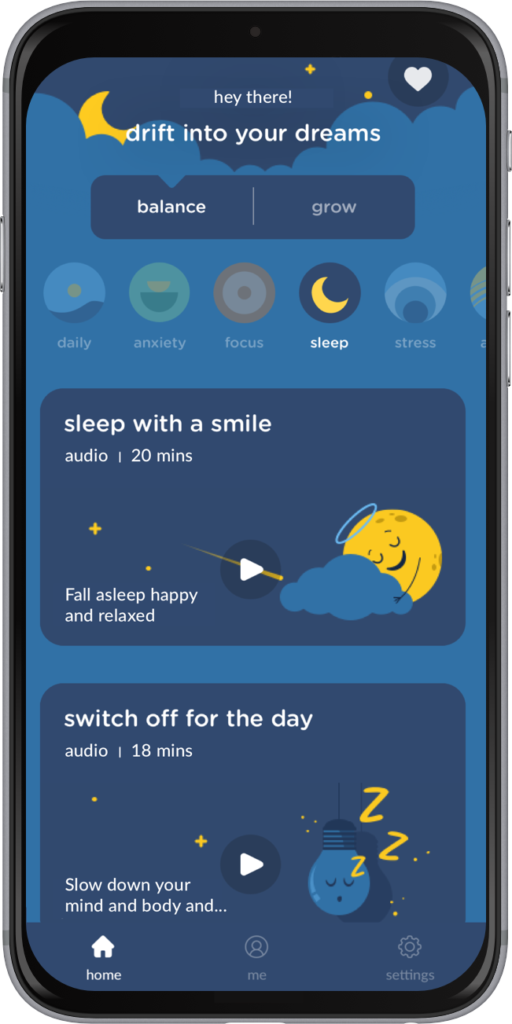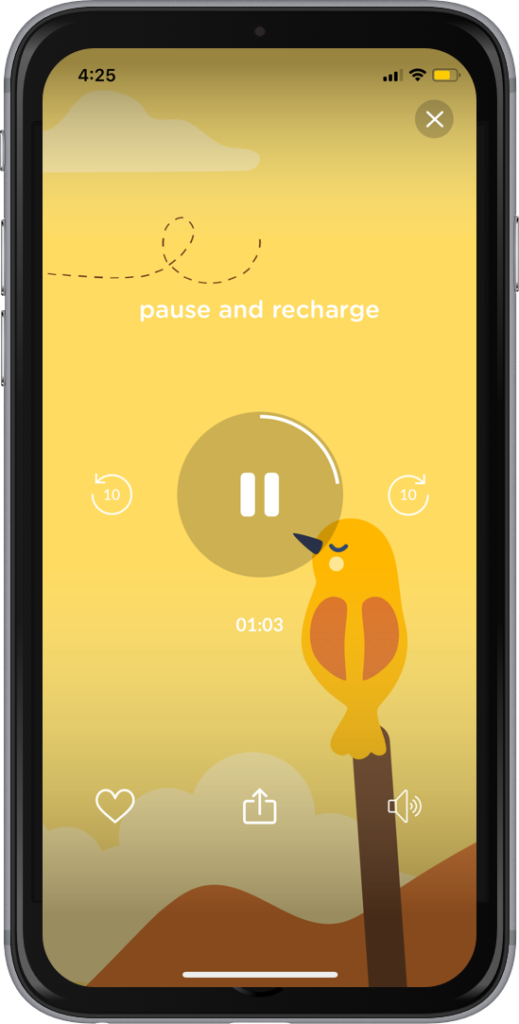Evolve > Sleep >Jet Lag Syndrome: How It Affects Your Sleep
Jet lag is a temporary sleep disorder. It occurs when the body’s internal clock is out of sync with cues from a new time zone. When you travel internationally, your time zone changes. As a result, you may end up being wide awake at 3 am and feeling super sleepy at 3 pm! This is called jet lag syndrome. It’s not only your sleep that will suffer, but your appetite, your brain’s response to light exposure and general energy levels.
Moreover, jet lag syndrome can also occur without change of timezone. It’s possible that if you change your activity and sleep schedule, your sleep-wake cycle is compromised. Taking a night shift, staying up all night and not getting proper sleep at night for a long time can show symptoms which mimic jet lag.
Table of Contents
The impact of jet lag syndrome
- Disturbed sleep
- Headaches
- Low energy
Disturbed sleep. Distrubed sleep occurs when you’ve changed your entire schedule or travelled into a different timezone is a clear sign of jet lag syndrome. You can’t sleep when you want to and it takes a couple of days for you to adjust. Moreover, the sleep you do get is very broken and not a good quality sleep.
Headaches. Another way jet lag can impact you is through headaches. Your energy levels drop, you haven’t got adequate sleep and your system is all over the place. Moreover, because of the change in your sleep pattern, your serotonin levels dip as well, causing more headaches.
Low energy. You feel lethargic, tired and fatigued because of improper sleep. When suffering from jet lag syndrome, this is very common. It’s similar to staying up all night. You do it and then feel sleepy during the day, but your body clock is not used to it and you can’t sleep. As a result, you feel sleepy and are tired but to no avail. It’s the same with jet lag.
How does it affect your sleep?
Jet lag syndrome directly affects your internal body clock and sleep-wake cycle. If you’re used to eating at 8 pm, sleeping at 12:30 am and waking up at 8:30 am everyday, it means you sleep for about 8 hours. Your body clock and sleep cycle is tuned into that as it’s become a habit. When jet lagged, your sleep cycle and body clock are compromised in the new time zone and you’re unable to sleep properly. There’s a lag between your body clock and the actual clock and hence, jet lag.
When you travel internationally and enter a different timezone, your body doesn’t understand it. It still feels the need to sleep at 12:30 am from your original time zone.
In case you are 5 hours 30 minutes, behind, you feel sleepy at 7 pm and want to wake up by around 3 pm. As a result, you are unable to sleep when it’s at night in your current time zone and may face restless, disturbed or broken sleep.
Sleepless nights are also very common due to jet lag syndrome. It is suggested that how many ever number of hours is the time difference, it will take those many days to adjust. So if you’re changing timezone by 5 hours, expect your jet lag to normalise in 5 days with no extra intervention.
How to overcome jet lag?
There are ways to manage jet lag syndrome and find simple ways to overcome the problem. In case you suffer from it despite not travelling, it’s key you improve your sleep habits and improve your sleep cycle! Find ways of increasing energy, eat healthy food and manage stress as well.
Evolve’s guided audios help you fall asleep faster and improve sleep quality when jet lagged or tired! The Evolve app is now live globally on Android & Apple, click here to try for free!

